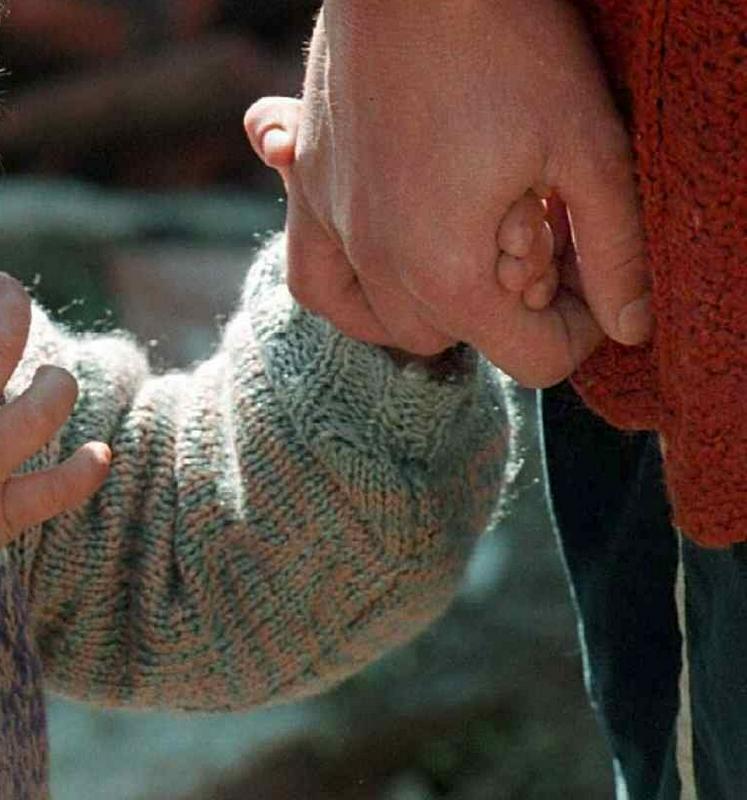
"We keep seeing the same recurring problems, but we're not turning a blind eye to them. We're trying to address these issues, e.g. by proposing new legislative initiatives," Darko Krajnc, president of the Foster Society of Slovenia and himself a former foster child, said in a comment about the current state of affairs in Slovenia's foster care system.
Foster parents face a number of challenges, e.g. when their foster children introduce new behavioural patterns into their foster family. Therefore, it is vital that foster parents are sufficiently trained – and that they can rely on the support of professionals. Some children were so traumatized in their primary families that they need psychiatric help. However, Krajnc highlighted the fact that there are not enough psychiatric services available to foster children: "Help is provided to foster children when their foster parents and professionals deem it necessary. There is a huge demand for this kind of help, but not enough professionals to meet the demand, especially in remote regions. The waiting lines are long, and the length of time between treatments is likewise too long."
Almost ¼ of foster families are relatives
Children are placed in foster care when, for any number of reasons, they can no longer live with their primary families. At the end of April, there were 979 such children in Slovenia: 513 of them were girls and 466 were boys. 232 of those children were cared for by their relatives. Despite those high numbers, another 146 children can still be accommodated in foster homes.
There are 694 certified foster parents in Slovenia: 615 women and 79 men. 113 of them are professional foster parents.
The average stay in foster care is 7 to 8 years
Although foster care is considered a temporary solution, the average stay in foster care is seven to eight years. Foster children can be adopted by their foster family – but only if the children's biological parents surrender their parental rights. The parental rights of a biological parent can be terminated, but this only happens in extreme scenarios. In such cases, foster families must express their desire to adopt the child. Moreover, the foster family must meet a set of criteria to be considered eligible for adoption. In Slovenia, a foster child can decide whom to live with after reaching the age of majority. If the foster child receives further education, it can be cared for by a foster family until the age of 26.
Sabina Janičijević; translated by D. V.

































































